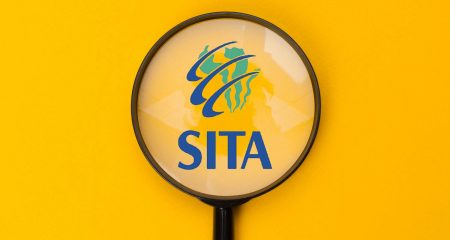
The Film and Publication Board (FPB) has presented new draft regulations governing online content, which are meant, among other things, to crack down on child pornography and cyber bullying. But enforcing the rules could prove difficult.
The board will now seek public comment on the draft policy, which was published in the Government Gazette on Wednesday.
FPB chief operations officer Sipho Risiba said the policy will provide greater protection of children, crack down on child porn, and further educate the public about their rights.
Risiba said the FPB’s jurisdiction stems from the Films and Publications Act, which allows the agency to regulate games, films and publications, irrespective of the platform.
“Current legislation is not platform specific, and the FPB’s compliance and classification activities have over the years focused more on physical platforms and less on the online space, resulting in children being exposed to unclassified content accessed through the Internet and other mobile platforms,” the FPB said ahead of the release of the draft policy.
“Media convergence has fundamentally transformed the way media content is distributed and consumed. The draft online regulation policy is meant to address such challenges.”
Dominic Cull of the Internet Service Providers’ Association said ISPs will have to watch the process carefully in order to protect their interests.
Risiba said that the FPB intends to address concerns around social networking sites, especially in light of the increase in “sexting” and cyber bullying.
FPB CEO Themba Wakashe said it is still considering the views of other stakeholders and will embark on a roadshow to seek the views of other government agencies.
The draft policy has some controversial elements. Among them is a call for co-regulation with the industry, but it’s unclear how this will work.
The policy follows a top-down approach and intends leaning on online distributors, again with no clear definition of who they are. It is assumed that it will target video-on-demand distributors and Internet service providers as a first step. Large companies, including international firms such as Apple, Facebook, YouTube and Google, will also be expected to comply through monitoring and enforcement, with the FPB imposing fines on errant content distributors.
However, the board hasn’t defined what it means by “online distributor” and it could theoretically affect everyone from Internet service providers to the general public sharing content on social networks or blogs.
As it stands, the policy attempts to regulate user-generated content. Risiba said that the FPB found that a video of Pretoria pastor Lesego Daniel giving his congregants petrol to drink was harmful to children. But it is unclear how these regulations, if they are introduced, will be enforced.
There are also fees for “online distributors”, and the possibility of fines. The rand value of the fees and fines has not yet been determined. — © 2015 NewsCentral Media




